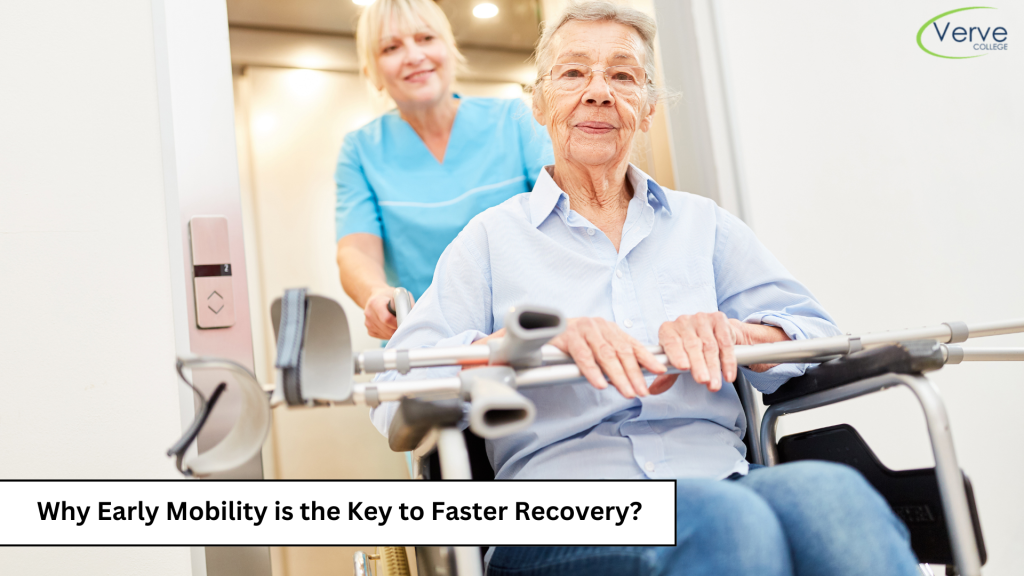- Oak Brook:(630) 705-9999
- Chicago:(312) 920-8822
- Email:inquiry@vervecollege.edu
- Make a Payment
- Home
- Programs
- Admission
- Resources
- ATI Entrance Exam Resources
- New E-Digital Library
- Refer a Friend
- School Newsletter
- Events
- Employers
- Job-Network
- Alpha Beta Kappa Candidates
- Verve College Library
- Graduation and Pinning Ceremony Photo Galleries
- Textbook Information
- Career Services
- Tutoring
- School Catalog
- FAQ
- Constitution Day Program
- Alumni
- Verve College Plans
- Financial Aid
- HEERF Reporting
- Satisfactory Academic Progress
- Apply For Financial Aid
- Net Price Calculator
- Return of Title IV Funds (R2T4)
- Financial Aid Office Code of Conduct
- Contact
- FAQs
- Verification Policy
- Vaccination Policy
- Student Right-to-Know Act
- Misrepresentation
- Information Security Program
- Academic Award Year
- Availability of Employee
- Cost of Attendance
- Health & Safety Exemption Requirement
- Students Rights and Responsibilities
- Leave of Absence
- Pell Formula
- Military Students
- Grants/ Scholarship Policy
- Contact Us
- Testimonials
- Blog
Is a Nursing Career Right For You?
Take The Free Quiz
Why Early Mobility is the Key to Faster Recovery?
Why Early Mobility is the Key to Faster Recovery?
Imagine waking up after a procedure or suffering from a long-term illness, feeling tired and uneasy before realizing that taking some steps will open the universe of healing. Recovery does not have to be an arduous crawl. It could be a thrilling sprint! We welcome you to the revolutionary concept of early mobility, a method that will not only speed up the process of physical rehabilitation but also boost emotional well-being. In this blog, we’ll look at how getting back to your feet earlier instead of later is vital for getting the best recovery results. Come along as we dive into the details of early mobility research and share stories that can inspire you or someone you love to embrace mobility as medicine!
The Research on Early Mobility and Its Benefits
Recovery from surgery may feel like a long and difficult process, that is rife with anxiety and fear. But there’s a potent instrument that is often overlooked in early mobility. Imagine being in a position to bounce back quicker and regain strength fast and breathe better–all through just moving the body faster instead of later. The early mobilization following surgery isn’t just beneficial, but it’s crucial to accelerate the recovery.
If we dig deeper into the research behind this method and discover the reasons why the ability of surgical patients to move is crucial to healing. From increasing muscle strength to improving lung circulation and physical function, early movement is the key to the path to recovery that is more streamlined. If you’re in the process of preparing for surgery or helping your loved ones in their recovery process, understanding the importance of moving and getting active could change the way you approach your recovery. Let’s look at this important aspect with you!
Read More:- How Will 7 Leadership Styles in Nursing Impact You?
What is the Impact of Early Mobilization on Strength Circulation, Strength, and Respiratory Function
Early mobilization plays a vital part in increasing muscle strength. When patients start moving soon after surgery the muscles are stimulated to prevent atrophy. This stimulates faster recuperation of functional capacity.
Circulation is another crucial aspect that can benefit from the beginning of activity. When people engage in gentle exercises, or even basic movements the blood flow is increased dramatically. Increased circulation aids in the delivery of vital nutrients to tissues that are healing and helps in eliminating waste products.
Lung function can also experience positive changes as we age. Relaxation and breathing exercises increase lung capacity, which reduces the chance of developing pneumonia and other respiratory issues. Through promoting a better exchange of oxygen patients experience greater overall wellbeing during their recovery.
The combination of these elements results in an overall approach to healing following surgery, focusing on not only physical activity but the multi-faceted effects it has on the patient outcome of recovery.
Conclusion:
The importance of an early level of mobility during recovery cannot be overemphasized. It is a crucial factor in speeding up recovery following surgery, speeding up healing, and lessening the risk of surgical complications. Through the integration of simple exercises into the rehabilitation process patients can benefit from improved muscles, improved circulation, and improved lung function.
If you’re recovering from medical or surgical procedures, the early time for patient mobilization is crucial. Whether it’s just a stroll through the hospital’s ward or a gentle stretch assisted by health experts, each effort is a step towards an easier recovery.
 Sign up
Sign up Login
Login




